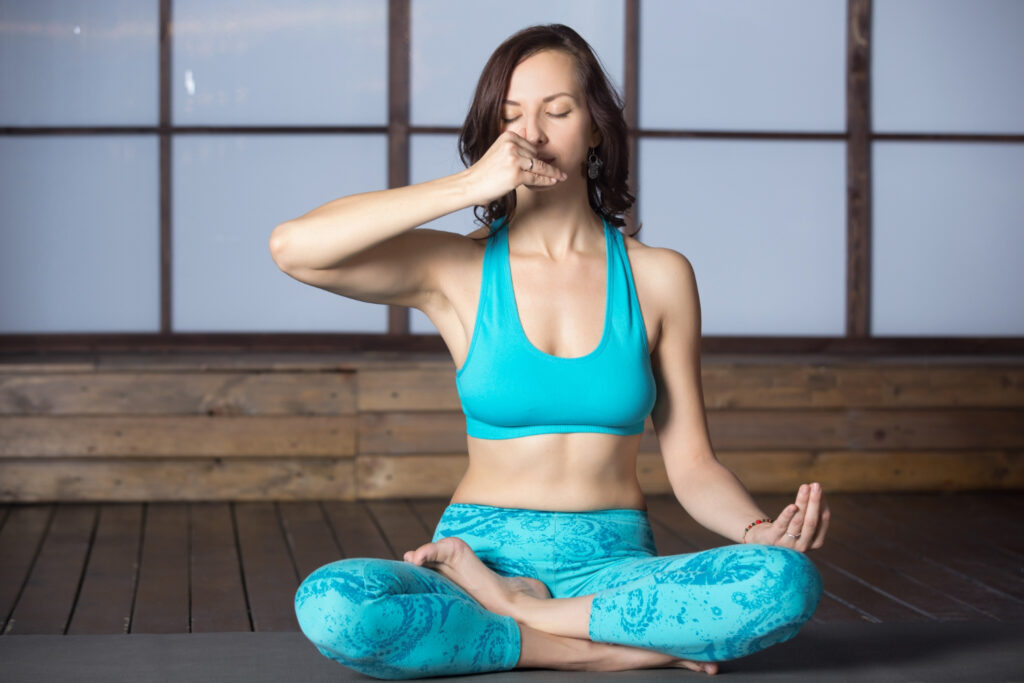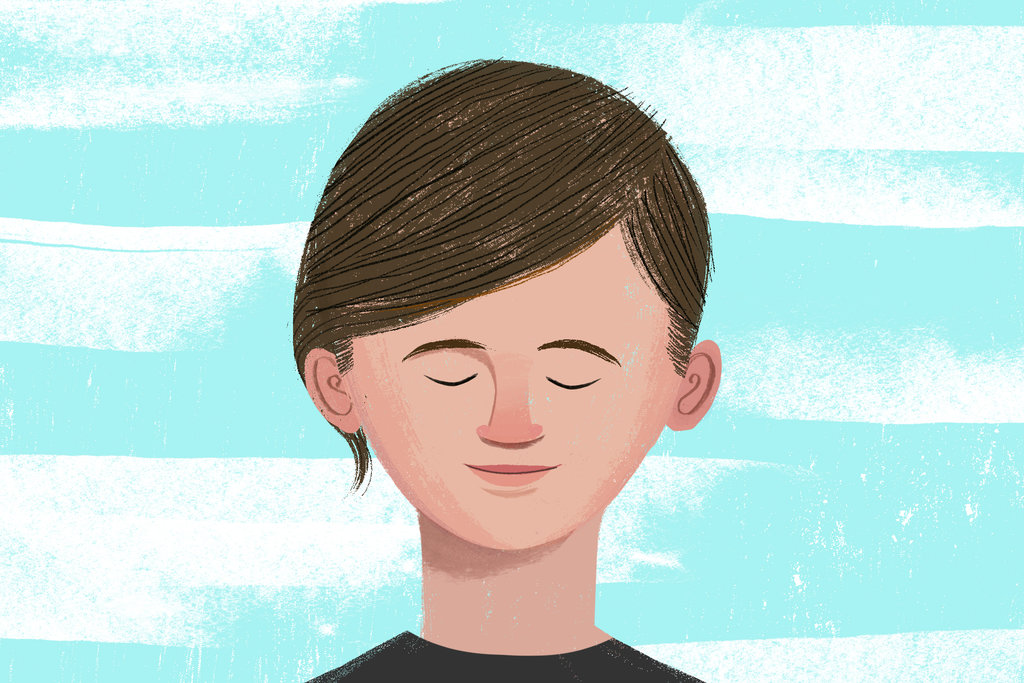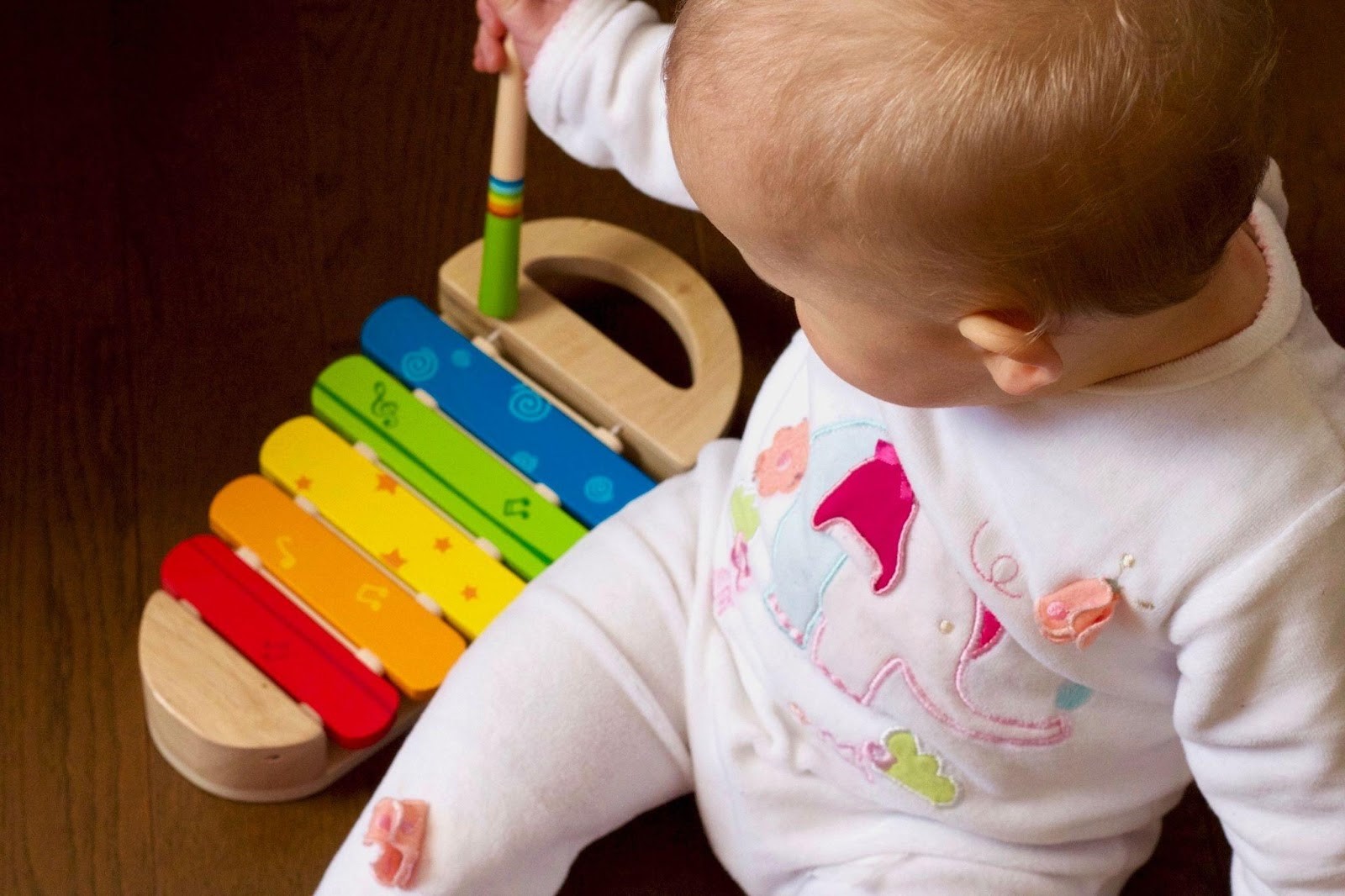In today’s fast-paced world, finding tranquility amidst the chaos can seem like an insurmountable task. Anxiety, a prevalent condition affecting millions globally, can significantly impede one’s quality of life, making the quest for inner peace not just a desire but a necessity. As someone who has navigated the turbulent waters of anxiety, I’ve discovered a beacon of hope in meditation. This ancient practice, backed by modern science, stands as a powerful tool in soothing the restless mind. Through this article, I aim to share insights into understanding anxiety, the transformative benefits of meditation, and expert-backed tips to integrate this practice into your life for anxiety relief.
Understanding Anxiety and Its Impact on Mental Health
Anxiety, more than just a fleeting feeling of worry, can be a pervasive condition that colors every aspect of one’s life. It’s akin to a shadow, constantly lurking, ready to cast its darkness at the slightest provocation. This condition can manifest in various forms, from generalized anxiety disorder (GAD) to panic attacks, each with its unique challenges. The impact on mental health is profound, affecting one’s ability to function, maintain relationships, and enjoy life. Understanding this condition is the first step in addressing its grip on our lives. By acknowledging the presence of anxiety, we begin the journey towards managing its effects and finding pathways to peace.
The Benefits of Meditation for Anxiety Relief
Meditation, a practice as old as time, offers a sanctuary for those battling anxiety. This practice isn’t just about sitting quietly; it’s a profound engagement with the mind, teaching it to slow down and embrace the present. The benefits are extensive, ranging from decreased stress levels to improved emotional health. Meditation fosters an environment for the mind to detach from the chaotic thoughts that fuel anxiety, thereby creating a state of calmness. Engaging in regular meditation practice has been shown to alter the brain’s response to stress, making it an invaluable tool in the arsenal against anxiety.
Expert-Backed Tips for Incorporating Meditation into Your Daily Routine
Incorporating meditation into one’s daily routine might seem daunting at first, but with expert-backed tips, it becomes an achievable goal. The first step is to set realistic expectations. You don’t need to meditate for hours to reap the benefits; even five to ten minutes can make a significant difference. Consistency is key. Choose a specific time of day for your meditation practice and stick to it. This could be during the morning, to start your day on a calm note, or in the evening, to unwind. Furthermore, integrating meditation into your daily activities, like during a walk or even while doing dishes, can help make this practice a seamless part of your life.
Breathing Techniques for Calming the Mind and Reducing Anxiety

Breathing techniques are the cornerstone of many meditation practices, offering a simple yet effective method for calming the mind. The 4-7-8 technique, for instance, is a powerful tool in the battle against anxiety. This involves breathing in for four seconds, holding the breath for seven seconds, and exhaling for eight seconds. This pattern helps regulate the nervous system and reduce stress levels. Another technique, diaphragmatic breathing, focuses on deep belly breaths, which can also foster a sense of calm. By incorporating these breathing techniques into your meditation practice, you create a solid foundation for managing anxiety.
Mindfulness Meditation Practices to Cultivate Inner Peace
Mindfulness meditation invites us to experience the present moment without judgment. This practice can be particularly beneficial for those struggling with anxiety, as it teaches the mind to focus on the here and now, rather than on past or future worries. To cultivate mindfulness, one can start by focusing on the breath, observing its natural rhythm without trying to change it. Gradually, this awareness can extend to thoughts and sensations, acknowledging them without attachment. Mindfulness meditation not only reduces stress but also enhances emotional resilience, making it a vital component of cultivating inner peace.
Guided Meditation Apps and Resources for Anxiety Management
For those new to meditation or seeking guidance, numerous apps and resources are available to support your journey. Apps like Headspace and Calm offer guided meditations specifically designed for anxiety relief, providing a user-friendly introduction to the practice. These resources often include a variety of meditation styles, from mindfulness to progressive relaxation, catering to individual preferences and needs. Additionally, many offer features like daily reminders and progress tracking, which can be incredibly motivating for beginners. Leveraging these tools can be a game-changer in your quest for inner peace.
Creating a Tranquil Meditation Space at Home
Creating a dedicated space for meditation can significantly enhance your practice, making it easier to transition into a state of calmness. This doesn’t require a large space or extensive renovations; a quiet corner of your room, adorned with a few comforting items like cushions or candles, can suffice. The key is to make this space inviting and free from distractions, thereby signaling to your mind that it’s time to unwind. Personalizing your meditation space can also make the practice more enjoyable, encouraging regular engagement.
Incorporating Other Relaxation Techniques Alongside Meditation
While meditation is a powerful tool for managing anxiety, incorporating other relaxation techniques can amplify its benefits. Activities like yoga, tai chi, or even simple stretching exercises can enhance physical and mental well-being, creating a holistic approach to anxiety management. Nature walks and engaging in creative hobbies like painting or writing can also serve as therapeutic complements to meditation, offering diverse avenues for stress relief and self-expression.
The Role of Self-Care in Managing Anxiety and Stress
Self-care plays a pivotal role in managing anxiety and stress, serving as the foundation upon which other practices, like meditation, build. This encompasses a wide range of activities, from ensuring adequate sleep and nutrition to setting boundaries and seeking support when needed. Viewing self-care as a priority rather than a luxury is essential in the battle against anxiety. By taking care of your physical and emotional needs, you create a resilient base for your mental health, enabling you to engage more effectively with meditation and other relaxation techniques.
Conclusion: Embracing Meditation as a Tool for Finding Inner Peace
In conclusion, meditation emerges not just as a practice but as a journey towards inner peace, offering a beacon of hope for those entangled in the grip of anxiety. By understanding anxiety, exploring the benefits of meditation, and incorporating expert-backed tips into our daily routines, we unlock the doors to a more serene state of mind. Whether through breathing techniques, mindfulness, or guided resources, the paths to tranquility are manifold. Creating a tranquil space and integrating other relaxation techniques further enrich this journey, underpinned by the crucial role of self-care. As we embrace meditation in our quest for peace, we find not just a momentary respite but a lifelong companion in our journey towards well-being. Let us step forward with courage and open hearts, ready to explore the transformative power of meditation.
































